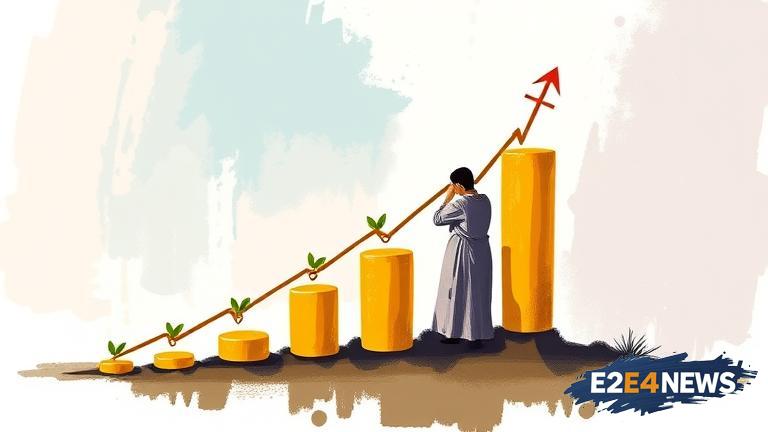Taxation is often viewed as a civic duty, but its importance extends far beyond individual responsibility. In reality, taxation is a vital component of a country’s economic development, enabling governments to generate revenue and fund public goods and services that benefit citizens. The importance of taxation cannot be overstated, as it provides the necessary funds for governments to invest in infrastructure, education, healthcare, and other essential services. In Nigeria, for example, taxation has been recognized as a key driver of economic growth and development. The country’s tax system has undergone significant reforms in recent years, aimed at increasing revenue collection and reducing reliance on oil exports. One of the primary benefits of taxation is that it allows governments to redistribute wealth and reduce income inequality. By taxing the wealthy and large corporations, governments can generate revenue that can be used to fund social programs and public services that benefit low-income households. Taxation also plays a critical role in promoting economic growth and development by providing incentives for investment and job creation. In many countries, tax incentives are offered to businesses that invest in specific industries or regions, helping to stimulate economic activity and create employment opportunities. Furthermore, taxation helps to promote transparency and accountability in government, as citizens are more likely to demand accountability from their leaders when they are contributing to the tax base. In addition, taxation can help to reduce corruption and ensure that governments are using public funds effectively. In Nigeria, the government has implemented various measures to improve tax compliance and reduce tax evasion, including the introduction of a tax identification number and the establishment of a tax tribunal. The importance of taxation is also reflected in its impact on public services, such as healthcare and education. In many countries, taxation is used to fund public healthcare systems, providing citizens with access to essential medical services. Similarly, taxation is used to fund public education systems, providing citizens with access to quality education and skills training. Moreover, taxation can help to promote environmental sustainability by providing incentives for businesses and individuals to adopt environmentally friendly practices. For example, some countries offer tax incentives for businesses that invest in renewable energy or reduce their carbon footprint. In conclusion, taxation plays a vital role in driving economic growth and development, and its importance extends far beyond individual civic duty. By providing the necessary funds for governments to invest in public goods and services, taxation helps to promote economic growth, reduce income inequality, and ensure that citizens have access to essential services. As countries continue to grapple with the challenges of economic development, the importance of taxation will only continue to grow. Therefore, it is essential that governments prioritize tax reform and improvement, to ensure that their tax systems are fair, efficient, and effective. This can involve simplifying tax codes, reducing tax rates, and improving tax administration, among other measures. By doing so, governments can help to promote economic growth, reduce poverty, and improve the overall well-being of their citizens. The role of taxation in development is a complex and multifaceted issue, and one that requires careful consideration and planning. However, by prioritizing tax reform and improvement, governments can help to unlock the full potential of their economies and promote sustainable development. In the context of Nigeria, the government has made significant progress in recent years in improving the tax system and increasing revenue collection. However, more work needs to be done to ensure that the tax system is fair, efficient, and effective. This can involve increasing transparency and accountability, reducing tax evasion, and providing incentives for investment and job creation. By doing so, the government can help to promote economic growth, reduce poverty, and improve the overall well-being of citizens. Ultimately, the importance of taxation in development cannot be overstated, and it is essential that governments prioritize tax reform and improvement to unlock the full potential of their economies.
